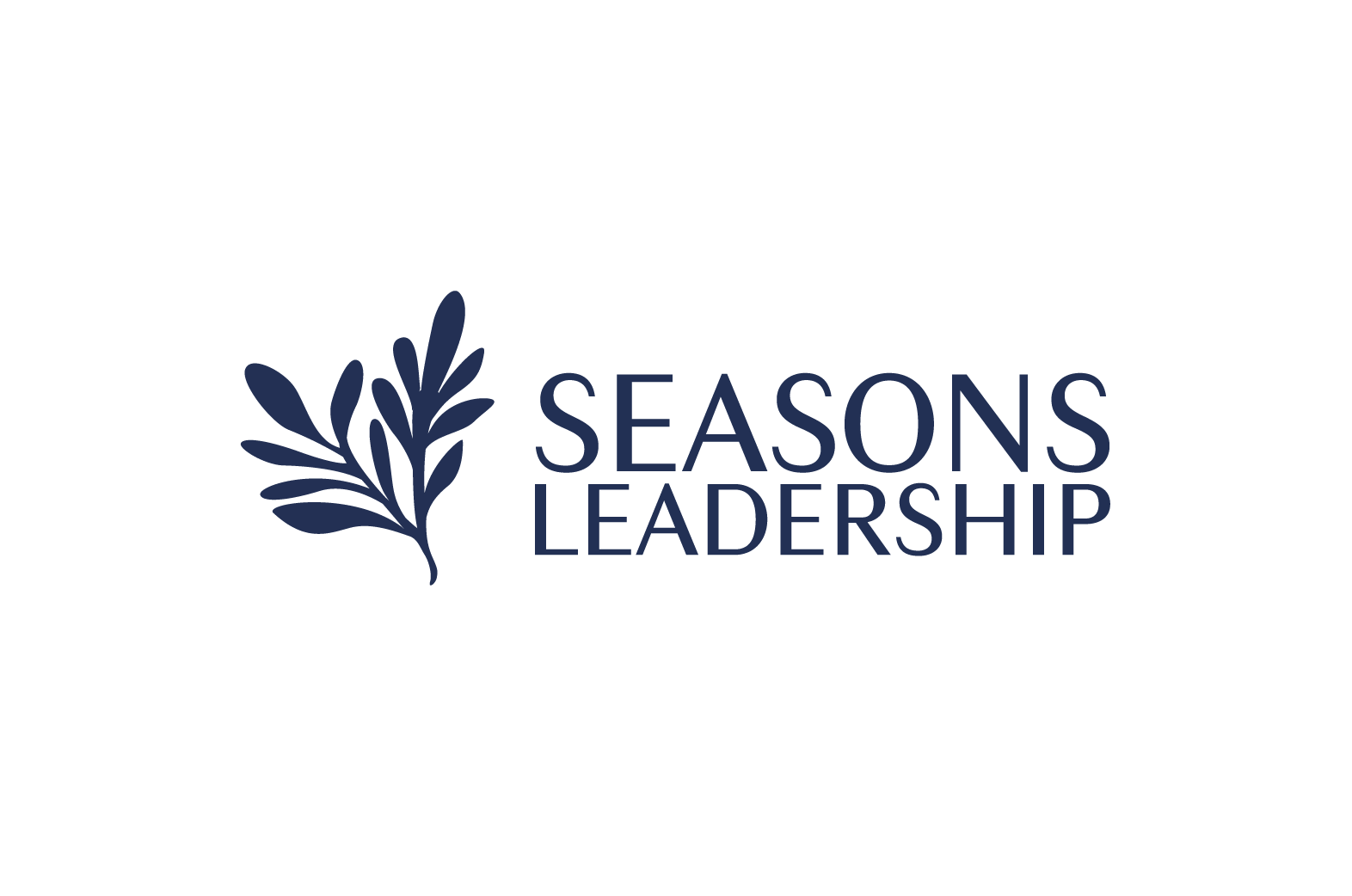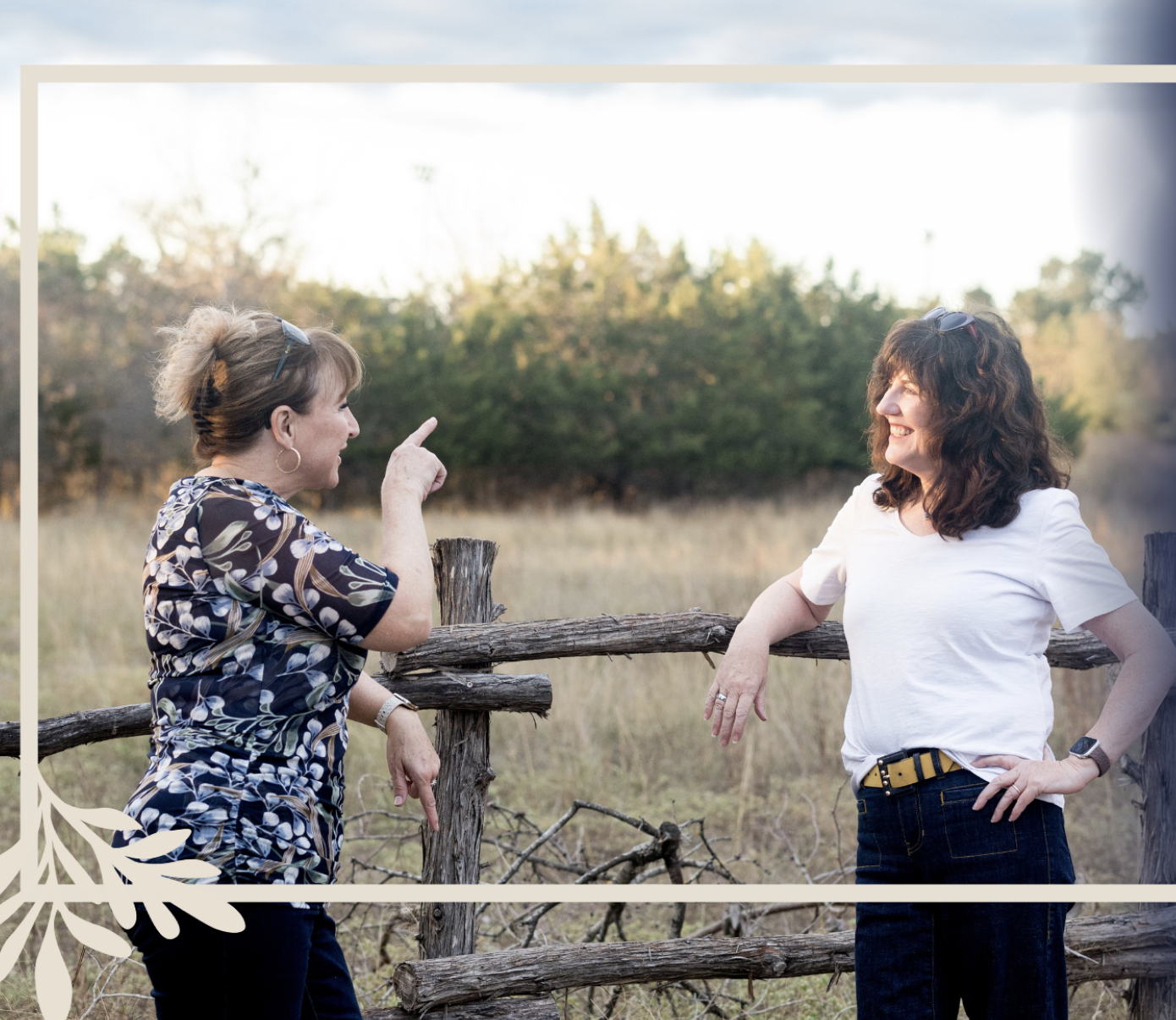Leaders often tell me that they are overwhelmed and that there is so much to do that they could never possibly do it all. My clients talk about higher expectations and more demands being made on them. These feelings are increasing their stress levels. Unmanaged stress can bring down our energy levels, make us feel as though we are victims with less options. As individuals we feel “stuck” and cannot make choices because we can’t see any options. In this place, we can’t lead ourselves or others. Sound familiar? But you can take control; by reframing stress and cultivating resilience we all have the power to lead better lives and be better leaders.
A neuroscience perspective of stress
A course I took last year from the Neuroscience School, led by Dr. Irena O’Brien, discussed the concept of stress. Understanding this concept is important to gain not only an awareness of the negative effects of stress but the positive side too. Under normal stress conditions our bodies release moderate levels of norepinephrine, which is good because it strengthens the prefrontal cortex (the part of the brain that controls executive functions, such as planning, decision making, short-term memory and personality) and weakens the amygdala, (the part of the brain involved primarily in processing fear and anxiety).
Acute, uncontrollable stress and chronic stress, strengthen the amygdala – heightening our fear and anxiety. This is bad as the result can be impaired working memory and weaker attention flexibility because of loss of grey matter. Depending on the number of adverse events or length of events a person is exposed to, uncontrollable or chronic stress can result in maintaining the brain in a primitive, reactive state.
Simply put, some stress can be good for our brains – making us perform better because we are challenged, while too much or chronic stress keeps us stuck.
Using neuroscience to manage stress
Neuroscience provides three ways we can limit the negative effects of stress:
1) Changing one’s belief that stress is bad to a belief that stress is good can prolong our lives.
2) Reframing stress to “stress is helpful” can change how we behave in times of stress.
3) Helping others can increase the odds of survival for those with high stress.
Changing our belief about stress to stress being good may not seem possible. However, we have control over our choices and if we are aware that we are thinking that stress is bad, we can choose to believe it is good for us. Making this choice has been scientifically linked to a longer lifespan, which seems like a compelling reason to make that choice.
Likewise, we can choose to reframe stress as helpful to us, which again requires awareness that we are experiencing stress and choosing to reframe it as helpful to us.
Helping others is not only a good thing to do but increases our own odds of survival according to neuroscience studies. The corollary for individuals that did not help others, exposure to a stressful life event was associated with a 30% increased mortality risk. That statistic alone would drive me to take action to help others!
Strategies to bring stress back to normal
Remembering to breathe and focusing on slow rhythmic breathing can lessen the stress you are experiencing. Listening to nature/natural sounds causes our brain to focus outward and relieves stress. Pausing and directing your attention to noticing something else helps interrupt your stress reaction and relieve stress.
Experiencing stress in our lives is unavoidable, but we can choose how we respond to and manage our stress. It may not be easy, and we may not be successful on our first try, but over time by practicing the three methods above for limiting the negative effects of stress in our lives we can improve how we manage stress and control it rather than letting it control us.
Cultivating resilience
Resilience and stress are individual concepts and are not often tied together, but they are related. Studies show that having a history of some adversity is related to greater life satisfaction than not having had any adversity or having high adversity. Having some adversity strengthens our ability to cope with stressful events. If someone has experienced some adversity or stress in their life, then when they are faced with a trauma or significant stress they can more efficiently bounce back because they have built up their ability to be resilient.
One of my clients had several stressful events throughout her life. One of the most significant ones was several years ago, losing her husband to cancer. From diagnosis to his death was only a few months, with the diagnosis coming at a time when they were both working in a high-stress environment in careers they both loved. After her husband’s death, her heart wasn’t in the work she had previously loved, so she quit her job and moved to figure things out and deal with her grief. She found a new job in an organization she was passionate about. A few years later she remarried and started a family. She is advancing in her career and goals and has found her passion again.
This client is a fitting example of resilience because she was able to bounce back from the extreme adversity of losing her husband and a career she loved, to finding love again and re-engaging in her career in amazing ways. Had she not experienced some stress in her life prior to losing her husband, she might not have had the resilience to bounce back like she has. She has also developed a helpful attitude about stress, believing it is good as it challenges her and helps her perform well.
We can manage stress and lessen the negative effects of stress. Choosing to do this helps us become more resilient human beings and better leaders. Resilience enables us to better navigate the challenges that we experience in life and to show up as the leaders we want to be.
For more tips on cultivating resilience, read these other posts on our blog The Almanac
Practicing Resilience in Your Daily Life













